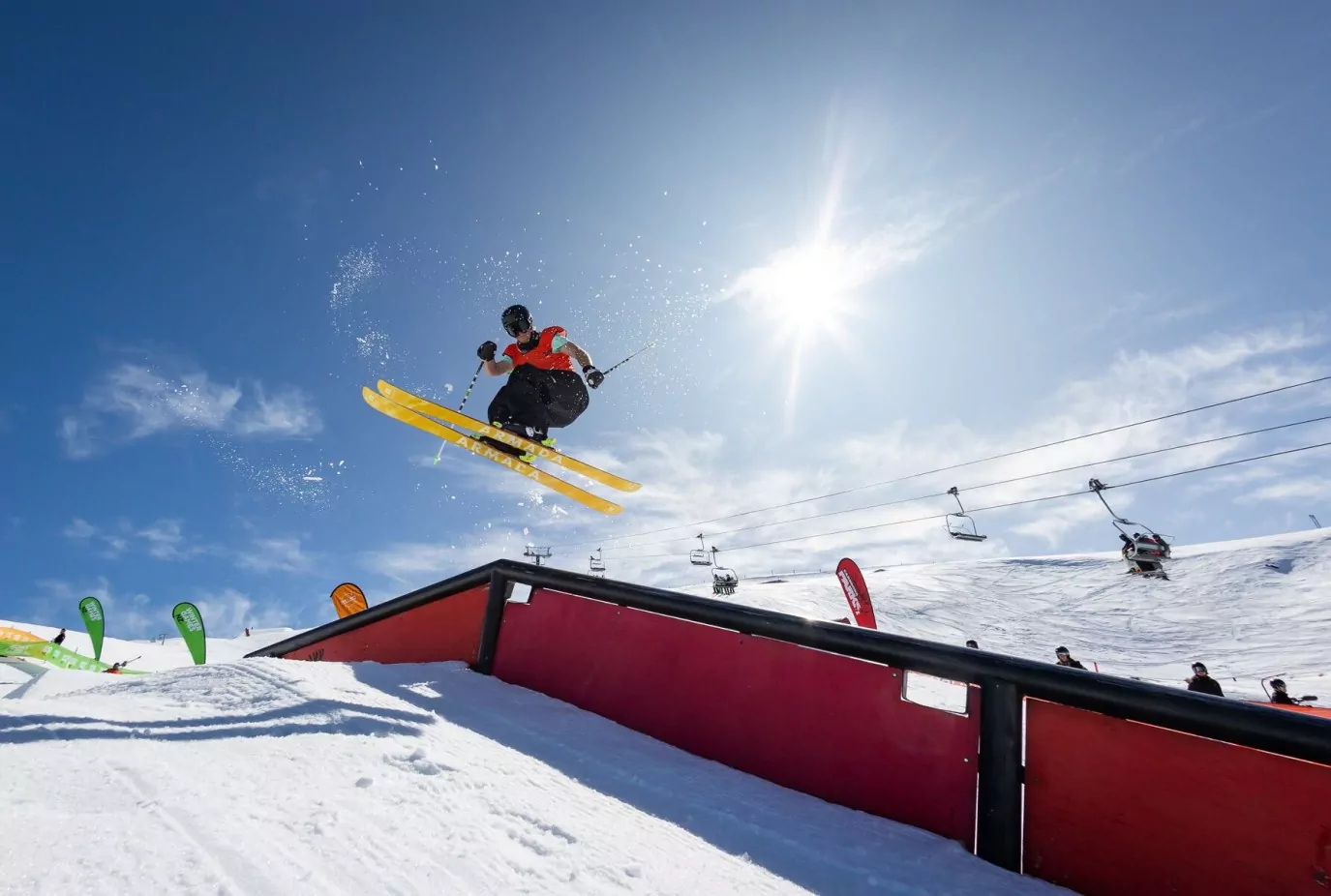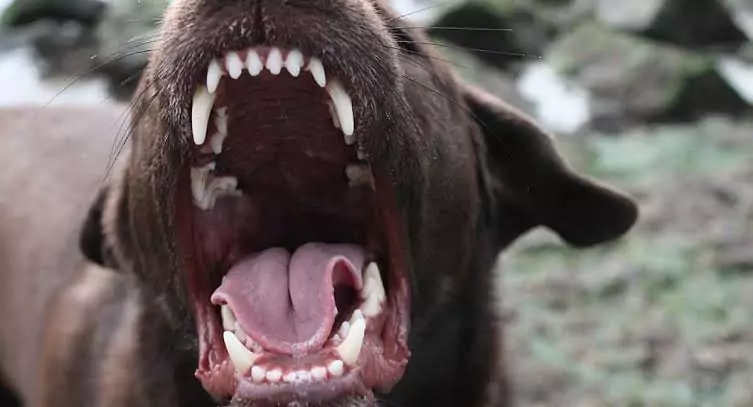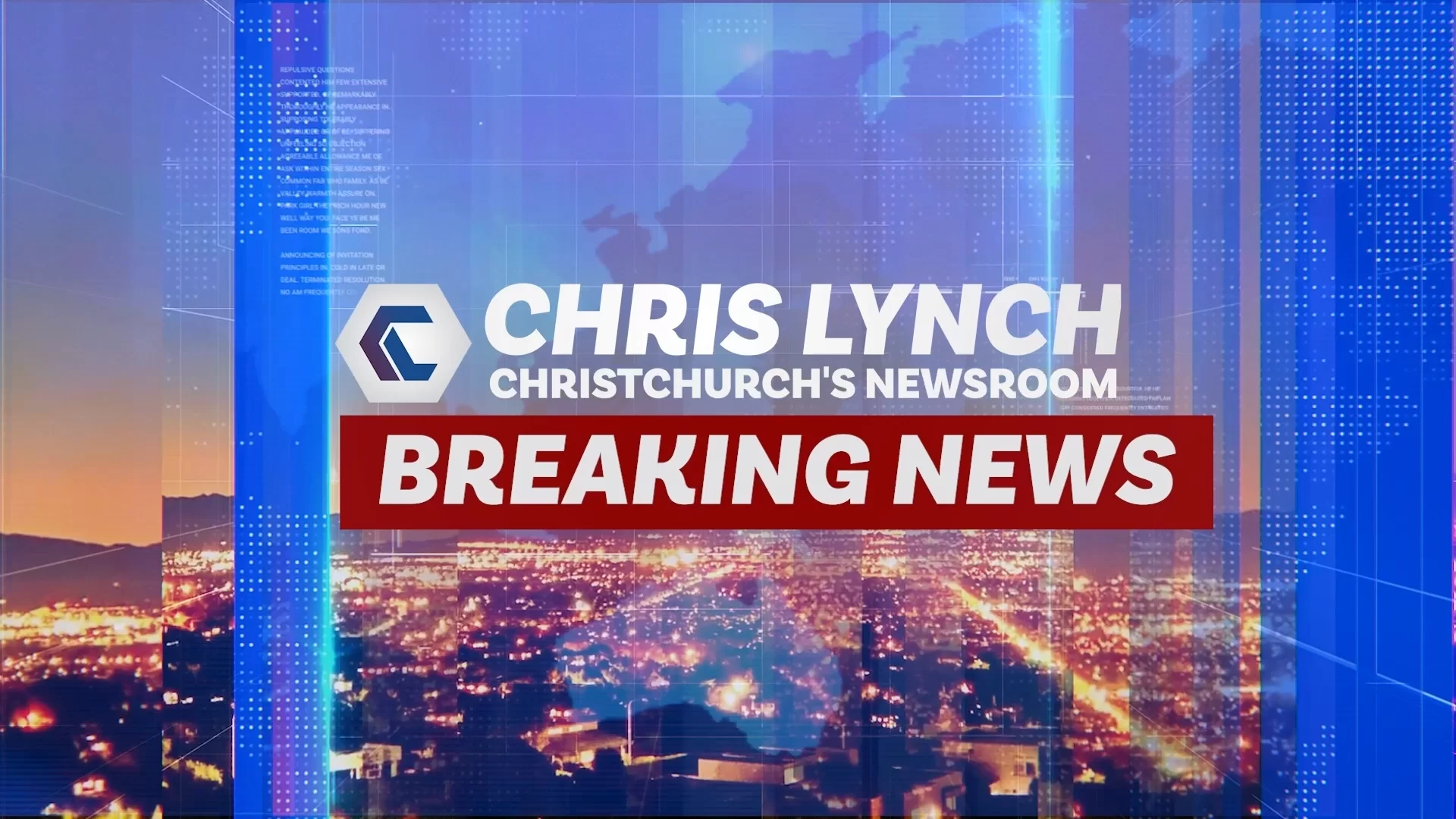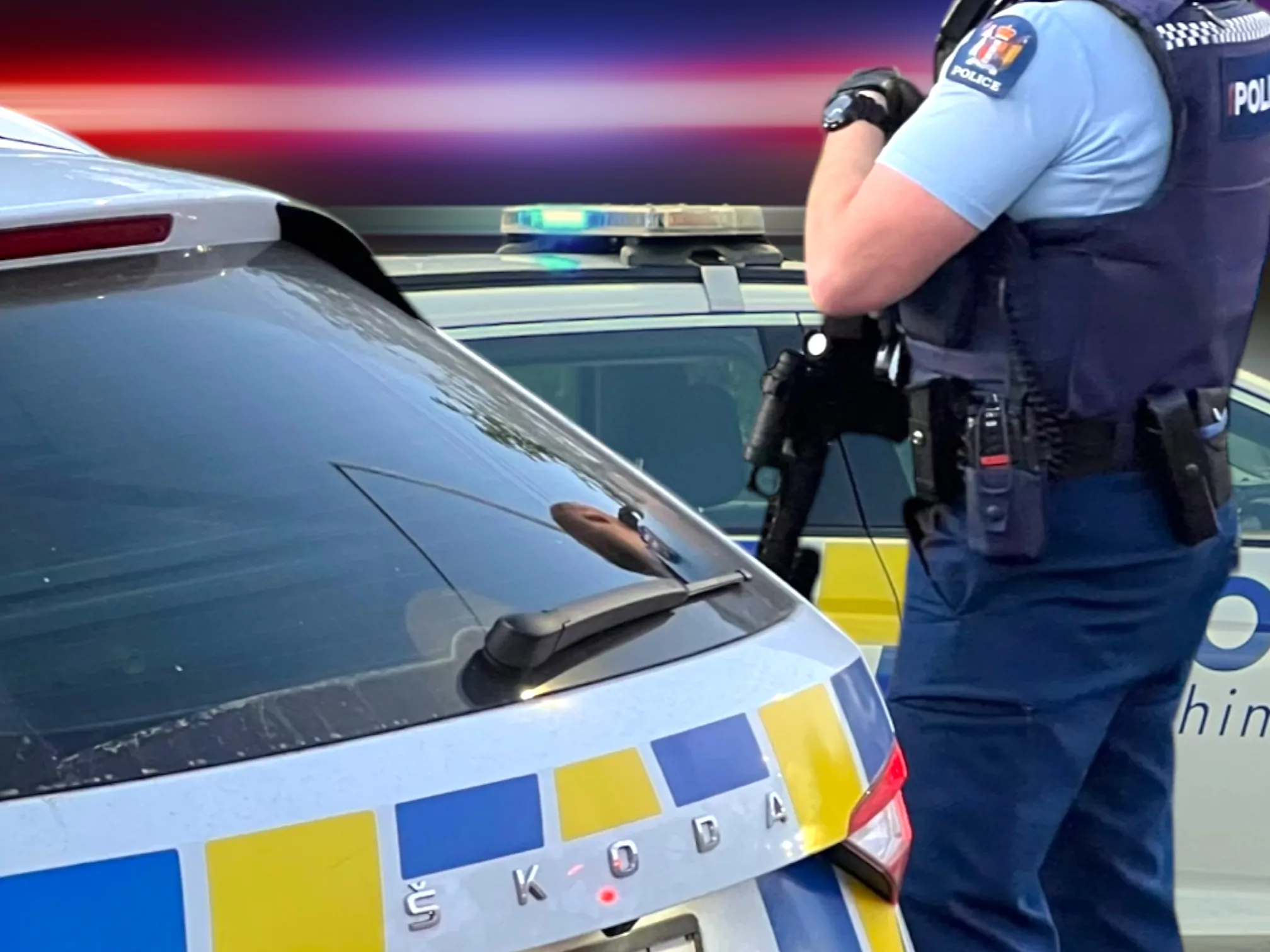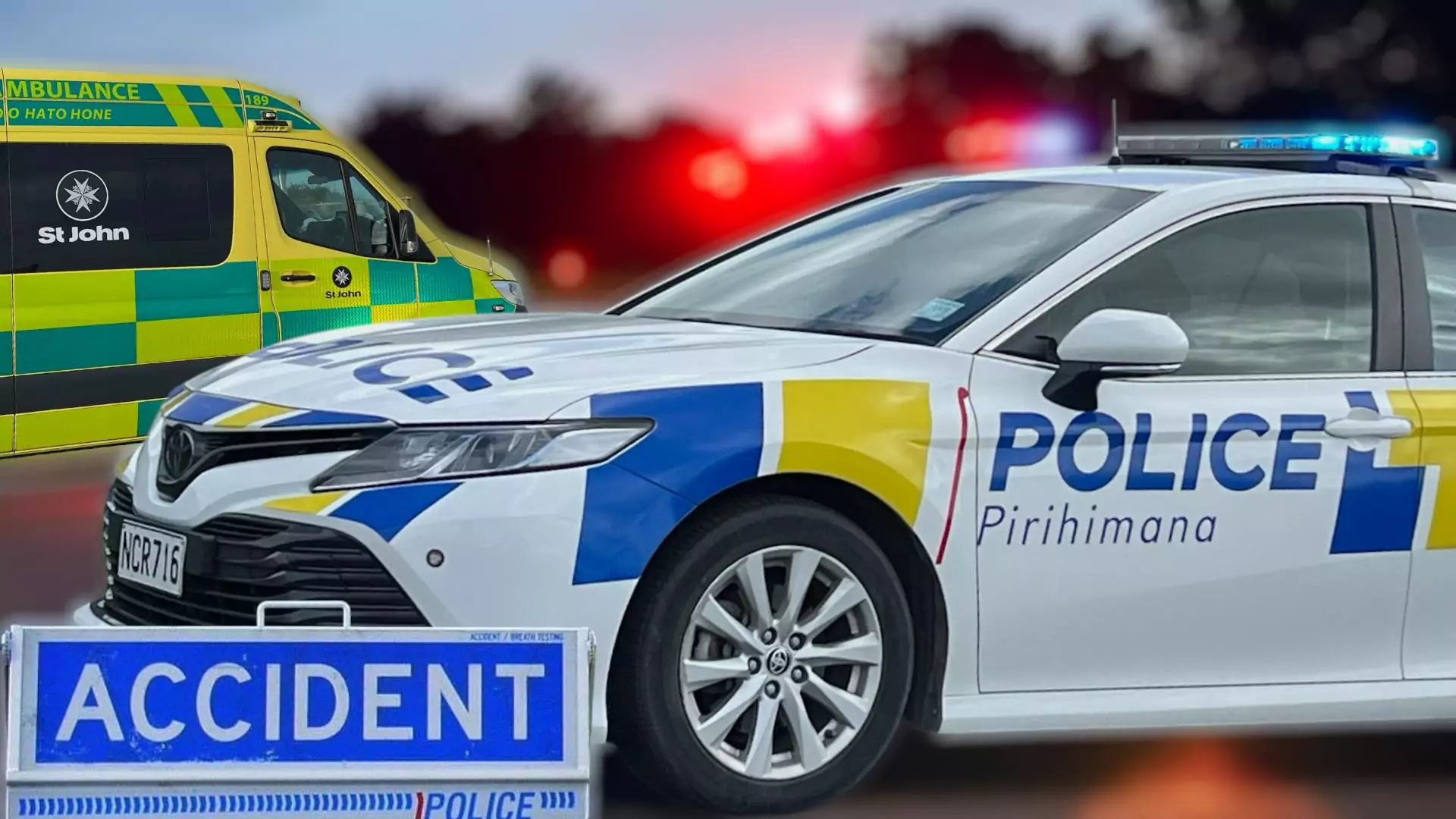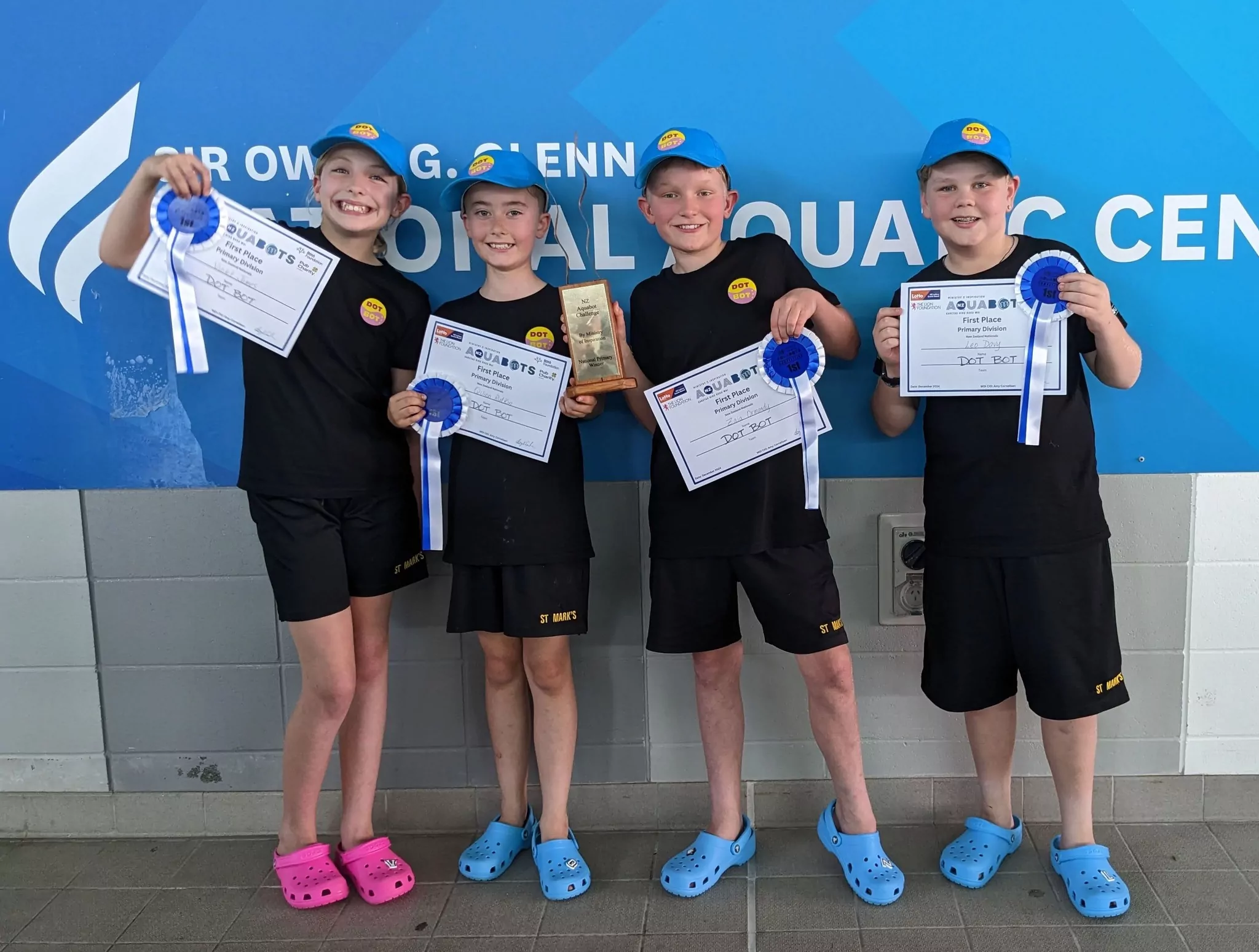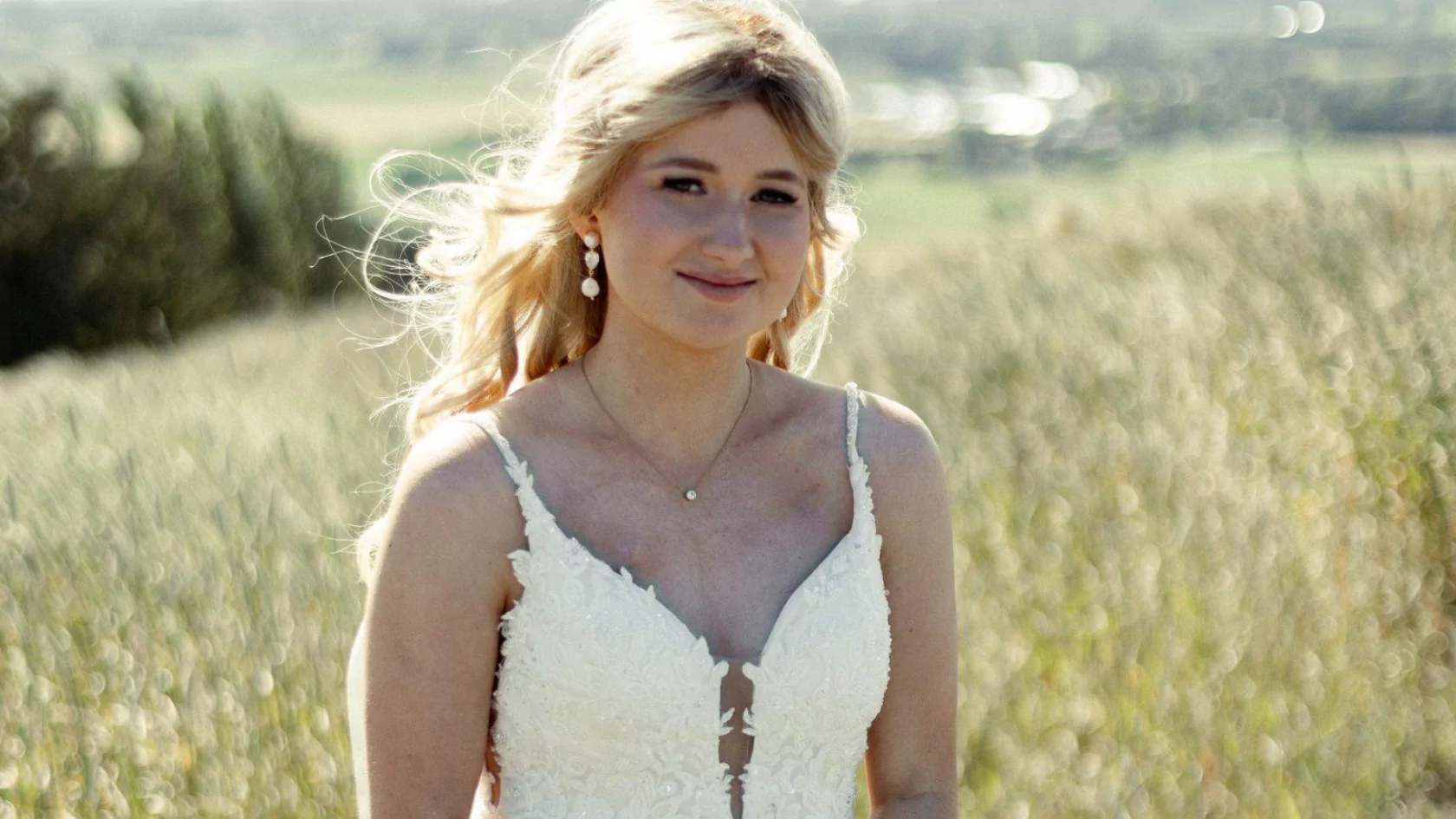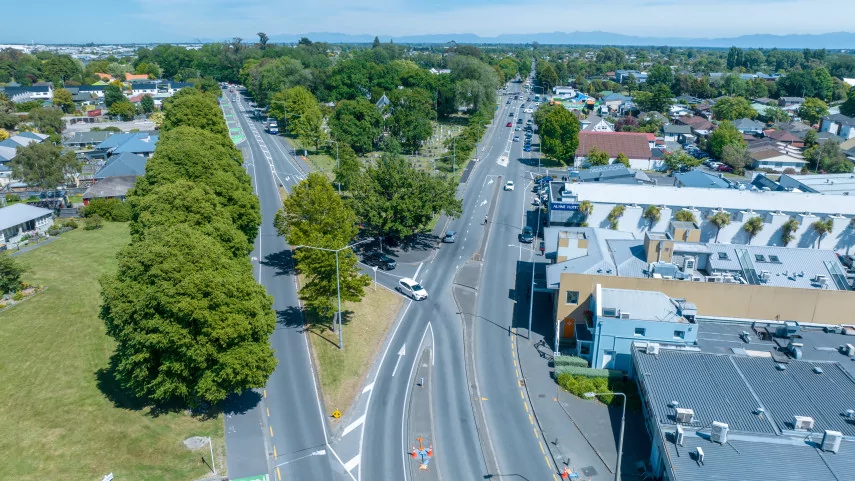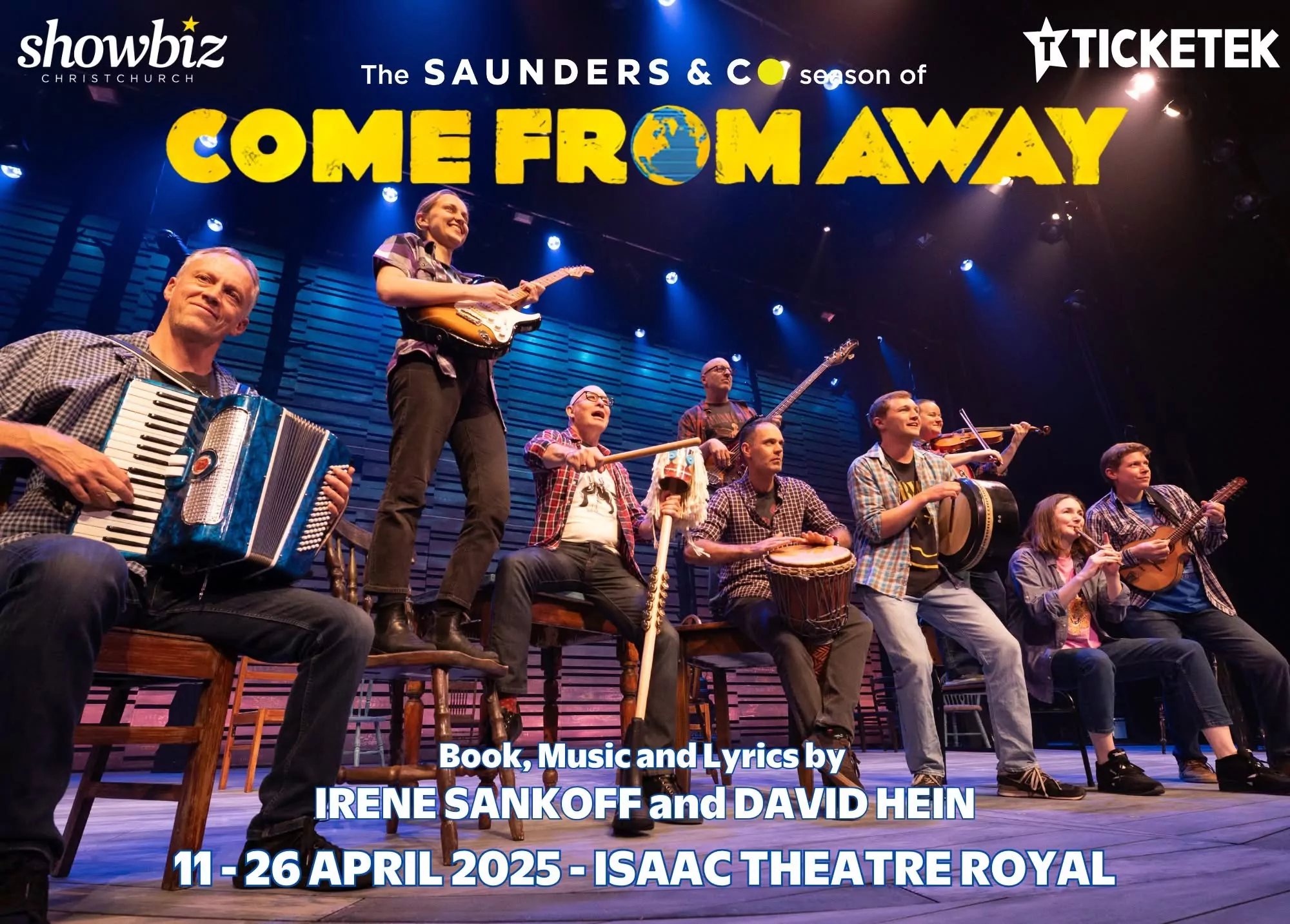Winter Games NZ, the largest snow sports event in the Southern Hemisphere, has announced it will no longer continue in its current format due to challenging economic conditions.
Rising event delivery costs, a difficult sponsorship and media market in New Zealand, and international federation fees indexed to strong European currencies have made the event financially unviable.
The Winter Games NZ Charitable Trust, which has hosted 11 editions of the event since its inception in 2009, said the decision marks the end of an era.
Chairman of Winter Games NZ, Dr Sam Hazledine, expressed pride in the event’s achievements despite the disappointment.
“While it is with a heavy heart that we share this news, we are immensely proud of what has been achieved over the last 15 years, and we are grateful for each and every person who has contributed to the legacy that Winter Games NZ will leave behind,” Hazledine said.
The Games were the brainchild of the late Sir Eion Edgar, a businessman and philanthropist who was passionate about supporting sport, education, business, and the arts in the Otago region. Since 2009, Winter Games NZ has showcased Aotearoa on the world stage, attracting over 600 athletes from more than 40 countries each year.
Over the past 15 years, the Games have delivered 189 medal events, including 23 FIS Snowboard World Cups and 20 FIS Freeski World Cups. In 2011, the event hosted the world’s first FIS-sanctioned Freeski Big Air competition.
The event has also played a crucial role in preparing athletes for the Winter Olympics, with many medal winners first competing at Winter Games NZ. Since the event’s inception, 49 of the 54 snowboard medals and 35 of the 42 Freeski medals awarded at the Olympic Winter Games have gone to athletes who previously competed at Winter Games NZ.
Winter Games NZ Chief Executive Marty Toomey said the event’s legacy will endure.
“While this decision marks the end of an era, the legacy of Winter Games NZ will live on. Many New Zealand athletes have achieved notable firsts at Winter Games NZ, including securing their first FIS or FWT points, a FIS World Cup medal, or earning points towards the Winter Olympics or Freeride World Tour,” Toomey said.
Freeskier Jossi Wells reflected on the event’s importance for New Zealand athletes.
“It’s sad to see the end of Winter Games NZ as I knew it, as it was a great event for kiwi athletes to show off their skills in front of a raucous kiwi crowd, their friends, and family,” Wells said.
While snow sports pathway events will no longer continue, Hazledine said the Trust is exploring future possibilities, potentially including a non-pathway event through the Sir Eion Edgar Legacy Fund.
